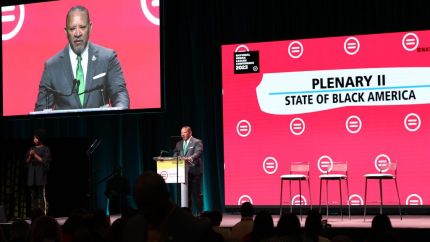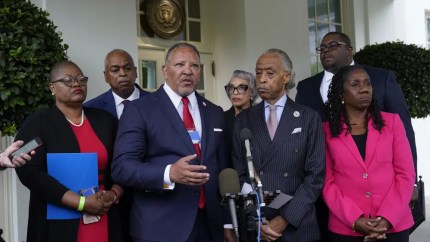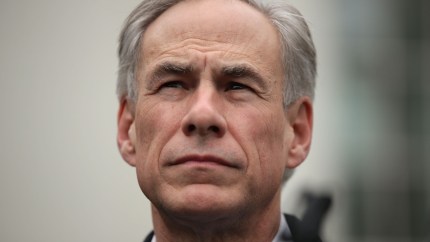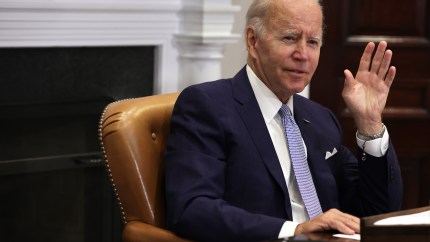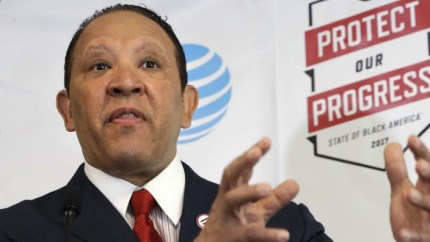Not until 2204 will Black Americans reach the quality of life parity that white people enjoy, annual report finds
Since 1976, the National Urban League has compiled data on key quality-of-life benchmarks for Black Americans including homeownership, salaries and social justice.
At the current pace of societal change, it would take Black Americans 180 more years to achieve true equality in America, according to an assessment by one of the country’s premier Black civil rights organizations. That would mean Black Americans would achieve the same level of pay, police protection and home homeownership enjoyed by white people 339 years after the Civil War ended and 236 years after the assassination of the Rev. Martin Luther King Jr.
The data comes from the State of Black America report compiled annually by the National Urban League, a historical organization that advocates for better economic and social justice for African-Americans. This year’s report, titled “The Civil Rights Act of 1964: 60 Years Later,” is a comprehensive and detailed exploration of inequities within education, health, employment, criminal justice and economic spaces in America for Black citizens.
“Dr. Martin Luther King Jr. called the Civil Rights Act of 1964 a ‘second emancipation.’ The first emancipation freed us from slavery. The second, from legal segregation,” National Urban League President and CEO Marc H. Morial said in the report. “Today, we must strive for a third emancipation, uprooting the deep racial divisions that remain embedded in our institutions so we can live according to the ideals the Civil Rights Act represents.”
Since 1976, the National Urban League has compiled data on key quality-of-life benchmarks for Black Americans. With 2024 marking the 60th anniversary of the most groundbreaking civil rights legislation in the country’s history, the National Urban League explored living and earning conditions for Black Americans through that lens.
“The Civil Rights Act of 1964 promised ‘a more abiding commitment to freedom, a more constant pursuit of justice, and a deeper respect for human dignity,” Morial said in a press statement. “Sixty years later, our ‘abiding commitment to freedom’ is undermined by discriminatory voter ID laws, gerrymandering, the shuttering of polling places in predominantly minority neighborhoods, limits on early voting, and reckless purging of voter rolls.”
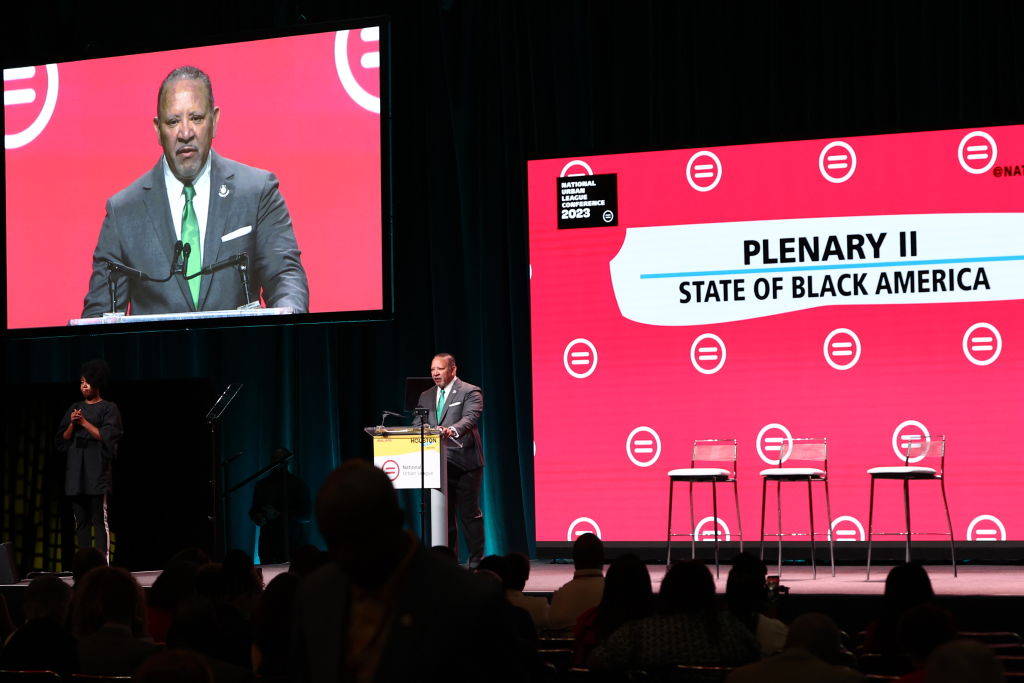
Morial also pointed to discriminatory policing, a lack of access to financial services and the destruction of diversity and inclusion policies in education and employment as factors that continue to hold back Black Americans. “… Our ‘respect for human dignity’ is called into question by an unraveling social safety net, a poverty-level federal minimum wage, and other economic policies that uplift the wealthy at the expense of working families,” he said.
The 2024 report features the Urban League’s semi-annual Equality Index, which calculates the social and economic status of Black Americans compared to that of white citizens. The organization started the index in 2005 to keep track of Black Americans’ progress in the 21st century.
According to the index, Black equality is 75.7%. This means that Black people are missing a quarter of the equality that white people have. This is a 1.8 percentage point increase from the 2022 index rating.
Recommended Stories
The index shows specific data for separate categories. In the economics category, Black people in America have 65.6% of the equality that white people do. Black people also have 55.7% of full equality in the social justice category.
“In 20 years, the overall Equality Index has moved 2.7 percent,” Morial said.
The report also lays out several other important equality data points:
- Fewer Black people are voting: In 2022, the percentage of Black people registered to vote was 60.2%, down from 62.4% in 2002. Only 42.3% of registered Black voters voted in 2022, compared to 54% in 2002.
- Poverty is increasing: The percentage of Black people under the age of 18 and from 18-64 living in poverty increased by 31% and 29% respectively from 2000 to 2024.
- Imprisonment levels are dropping: The incarceration rate for Black people in 2000 was 3,662 per 100,000 people. It’s down to 558 per 100,000 people in 2024.
The report also analyzes President Joe Biden’s progress on committing to racial justice. Biden was the first general election candidate to develop a policy plan for Black Americans, which the Urban League praises. The report points out the areas where Biden has kept his promises, such as investing in Black America, improving the economy, expanding education access, health care and criminal justice reform.
However, it says Biden has more work to do regarding student loan forgiveness, voting rights and collaborating with civil rights groups.
“The Civil Rights Act has been transformative in changing American life in a material way,” Morial says in the report. “Doors have been opened and new access has been achieved. But the promise of full equality, as this year’s Equality Index Indicates, is still elusive.”
Never miss a beat: Get our daily stories straight to your inbox with theGrio’s newsletter.
